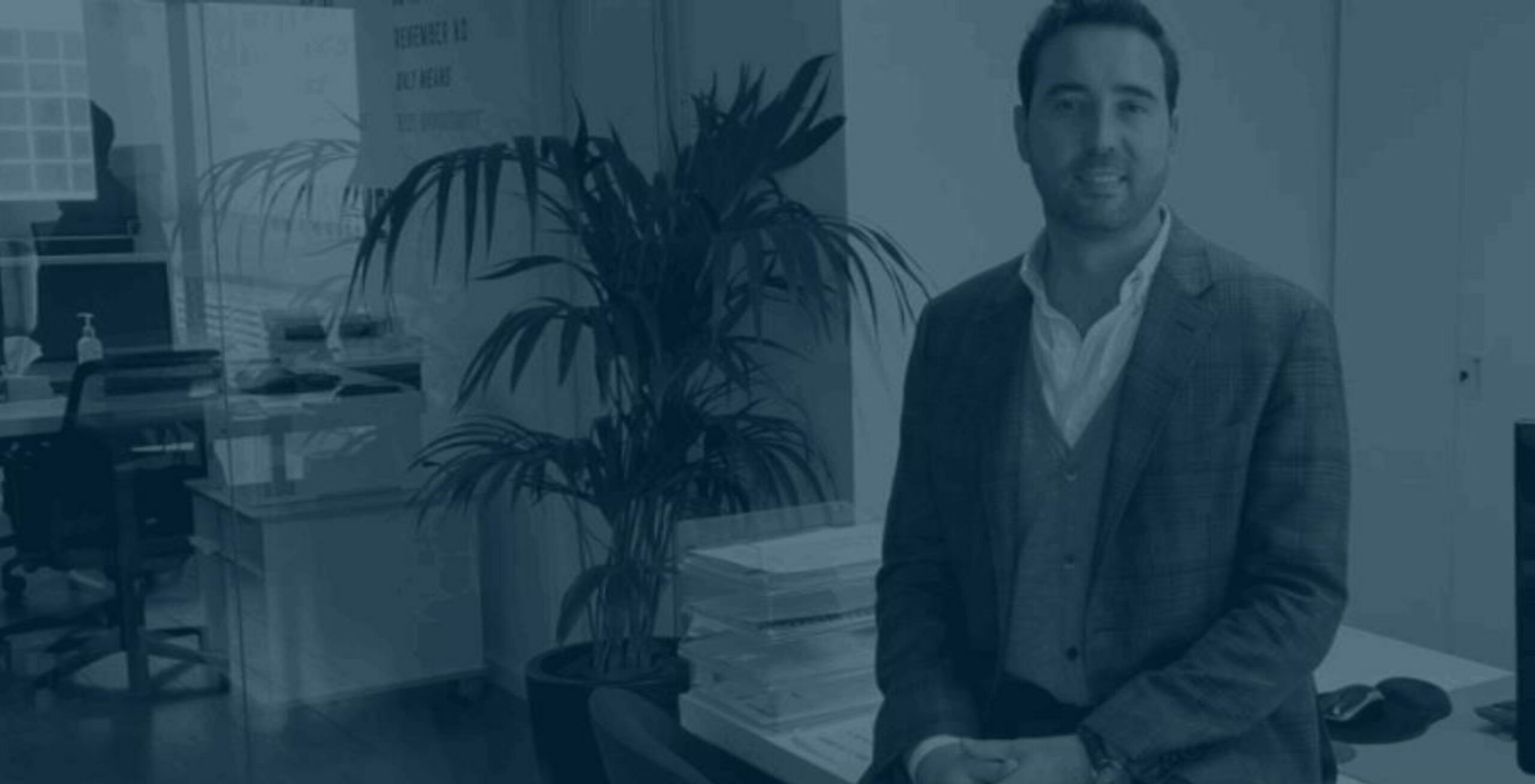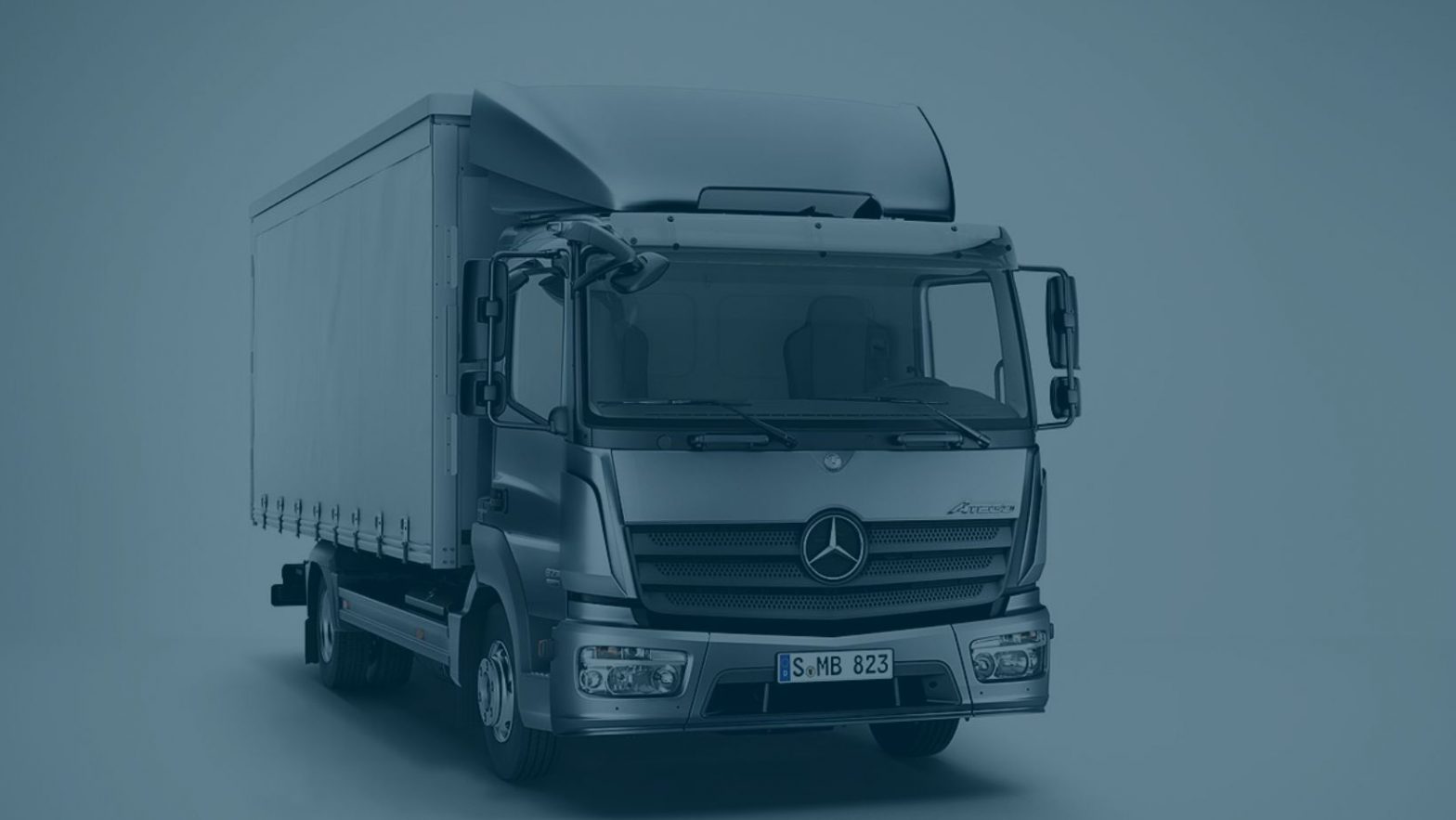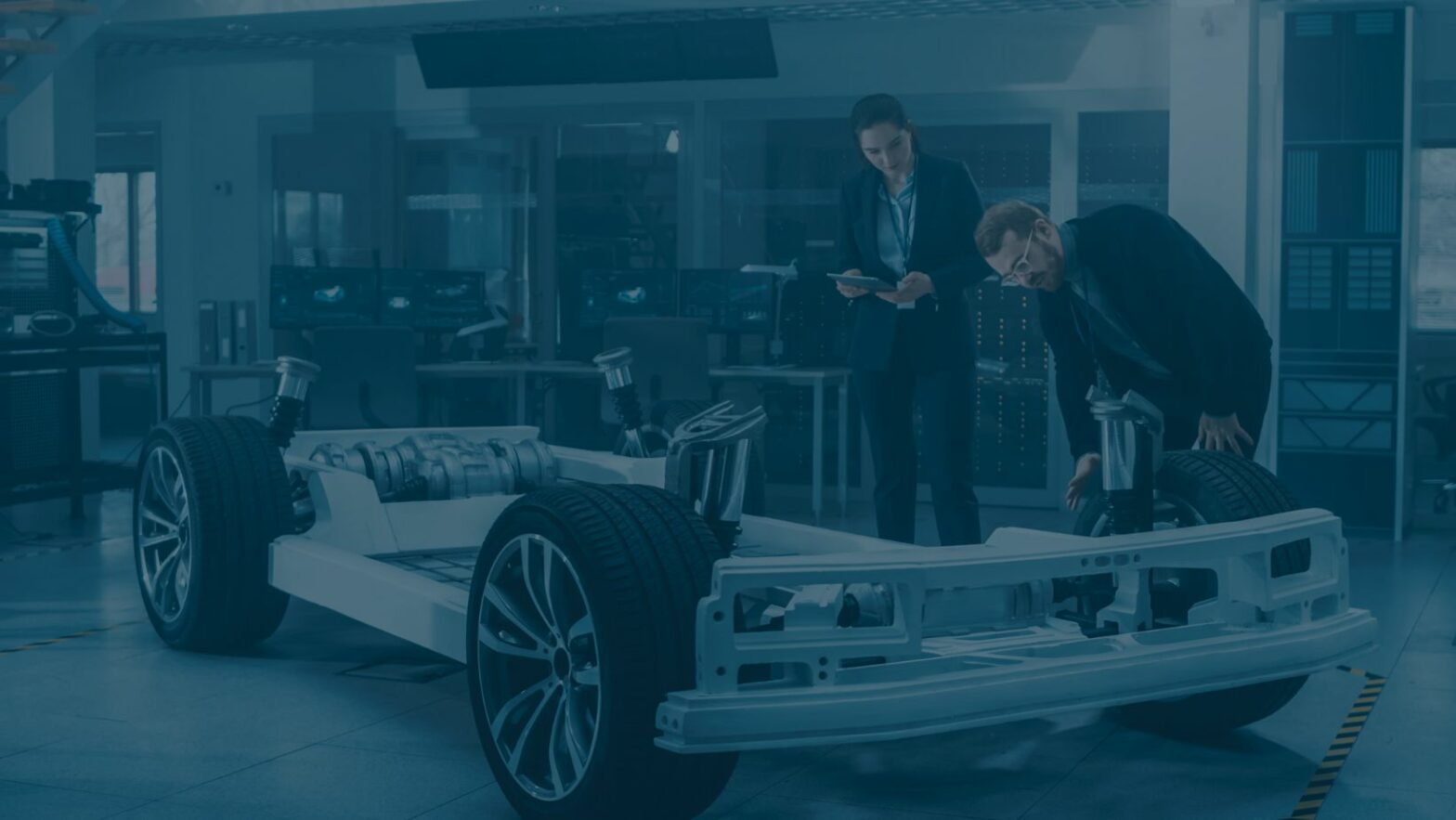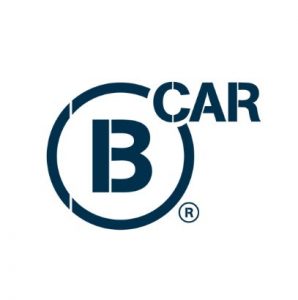
Interview Luis Carbó, Managing Director of BCAR. October 2020.
Interview Luis Carbó, Managing Director of BCAR. October 2020.
“The real learning I have had, is managing people and teams. We all have costs, what makes the difference the people.”
Luis Carbó is BCAR’s Managing Director. He is passionate about the motor world and a faithful believer that the most important asset a company has are the people who make it up.
“They are the engine of the teams,” he says. At 28 he was asked to run a cable factory in Normandy and, without thinking, he accepted the challenge. Later and as a result of his entrepreneurial personality, he decided to found his own company. Today BCAR has a presence in 50 countries.
Luis speaks 5 languages, has a degree in Business Administration and is currently studying a General Management Program at IESE Business School.
1. What is your assessment of the situation in the automotive market? Do you think it is a sector that will have a quick recovery once the stabilization of the sanitary situation begins?
The automotive has been and continues to be one of the most competitive markets in the world and for this reason I believe that it is necessary to differentiate between new and used vehicles. For the new vehicle segment, “different” times are coming as the concept of vehicle ownership is changing and will change even more.
As for used vehicles and their parts segment, as in all major crises, which affect people’s purchasing power, I believe that good years are coming in terms of volume, but the price pressure of the final consumer is going to increase considerably. It is necessary to rethink the internal processes of the companies to be more efficient and to be able to address these price reductions.
2. Do you think the biggest revolution and disruption in the sector is yet to come or is it already here?
In my opinion, the big change is yet to come, although this type of changes does not come overnight, it comes gradually.
Autonomy and connectivity are two factors that are increasingly present in the creations of new models, not only because of the possibilities they offer but also because they highly improve user’s safety.
According to a study, almost 100% of new vehicles will be a connected car in 2020, with digital entertainment, communication and navigation services. By 2030, 70% of the cars circulating in Europe are expected to be connected. This opens up an incredible range of options for those of us in the Aftermarket.
The lithium-ion batteries autonomy will be the other great battle that will be played in the coming years and will affect fields such as consumption, weight, sustainability, maintenance, recharging and, in addition, obviously, to the cost of the battery itself that is going down year after year and let’s not forget that it is the most important cost in an electric vehicle.
3. What role do you think carsharing and micro mobility will play and how can it affect the automotive industry?
The concept of ownership of a vehicle is changing and carsharing or micro mobility will influence the reduction of the number of vehicles, but those existing will make many more kilometres.
Data speaks itself: the use of the private vehicle is very low: about 96% of the time it is parked and when it is used, the average occupation is 1.2 persons. For people who use the vehicle less than 15,000 km per year, switching to carsharing can save them an average of € 2,300.
In addition, with the increase in sustainability, carsharing or its different modalities become a perfect ally to reduce emissions to the planet.
All this will also have an impact on spare parts, since the range of references that are currently sold could be reduced by reducing the variety of models due to carsharing. On the other hand, in the most used models the volume of those specific references will skyrocket.
“Carsharing may cause a decrease in the variety of models, but it will also cause a greater demand for spare parts in the most used models”
4. What do you think when you read that a giant like Audi plans to have 25% sales of electric cars by 2025?
The electric car is another option, together with the hybrid, LPG and hydrogen, which for me will be the great revolution, and modern combustion engines, although with these the sentence is already passed … I think that in the future there will be more options and the client will choose the one that suits him best.
“I believe that the great revolution in the automotive world will be hydrogen. In the future there will be more options and the customer will choose the one that suits him the best.”
5. What are the main characteristics of the Independent Aftermarket nowadays?
The Independent Aftermarket has two highlighted characteristics: globalization and service.
It is a tremendously globalized sector, so we will see if the supply chain is redistributed after the COVID experience, and it is a very service-oriented sector. In my opinion, in many cases, too much. It’s necessary to rethink whether such immediacy is necessary when delivering a part since it generates very high logistic costs for the distributor when, as I said before, I believe that price pressure is coming from the final customer.
6. How and when BCAR was born?
BCAR was born in 2012, identifying a shortage of supply of gearshift cables in the independent aftermarket. We started with all kinds of cables because it was my area of knowledge, but we quickly understood that gearbox cables were the niche to explore. Today we sell them in 50 countries!
7. What is the differential value that BCAR brings to the market?
We provide specialization in niche products that are difficult to find for our clients. We offer them a complete range of these products and a fast service (we never doubt about quality) helping them to improve their profitability.
We believe that today’s large distributors can no longer grow by selling more fastmoving product lines, because they sell almost all of them, they need new ranges and this is our place: making it easier for them to identify niche ranges that they can quickly add to their portfolio of products.
8. What have been the keys to BCAR’s growth in such a short time?
Our strategy is “little volume multiplied by many countries turns into big volume” and that is what we have done.
We are a 100% “Customer Focus” company, we have it in our DNA. Everything we do we do it with our clients in mind and the more demanding they are, the better, because those are the ones that make us better.
We have designed the most complete catalogue of transmission cables that exists in the market with more than 1,500 references, we have a very high service level and we have managed to make our clients consider BCAR a good partner for the entire range, without needing more suppliers for this product.
Two years ago, we launched our second product, remote controls and car key shells, another niche that is helping us to diversify our sales and that has a lot of room for growth.
Until now, sales of these products were focused on competing channels for the IAM such as official dealerships and locksmith or hardware stores and with BCAR we have managed to provide our customers with a “new” product that to date they did not have the option of distributing, as we did with the gearbox cables.
“Little volume multiplied by many countries turns into big volume. BCAR has the most complete catalogue of shifter cables that exists in the market with more than 1,500 references.”
9. What are BCAR’s plans regarding the aftermarket for electric vehicles?
Obviously, we cannot ignore the electric vehicle boom and, for that reason, the new products that we are going to launch next year and those that we value incorporating in the future must be present in the electric vehicle.
“The new products that we are going to launch will necessarily be present in the electric vehicle.”
10. How would you define BCAR’s values and culture?
BCAR is a young, international and multicultural spirit company and our values are teamwork, passion for what we do, trust, adaptation to change, humility, originality, punctuality and gratitude to the team, suppliers and clients for the project that we are all building together.
11. What are the biggest learnings you have had in the automotive sector?
Automotive, as I said, is one of the most competitive sectors in the world and as such, negotiation, price transparency, competition, just-in-time logistics, are lessons that I had taken from this sector to which I hope to be linked for many years since I love it and I am passionate about it.
Special mention deserves the learning about the management of people and teams, which is what really makes the difference, learning with them, making mistakes, getting it right, moving pieces, choosing them, etc. We could say that it is the icing on this cake that is the Aftermarket for me.




